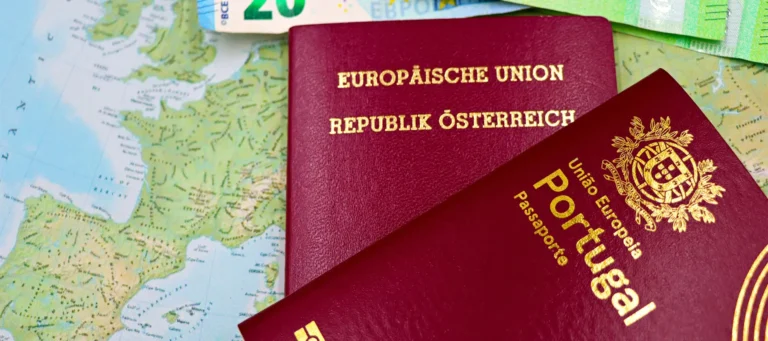Do you work in one country but get paid from another? Are you a foreign resident in Spain? Or do you have investments abroad? Then, understanding how double taxation agreements (DTAs) work is in your best interest. Paying taxes is fine… paying twice on the same income? Not so much.
At Legal Allies, we break down what these agreements are, how they protect you, and what steps to take to avoid having tax authorities from two countries knocking on your door.
What is a Double Taxation Agreement?
A Double Taxation Agreement (DTA) is a treaty between two countries designed to prevent the same income from being taxed twice. In other words, it determines which country has the right to tax your earnings, based on where you live and where the income originates.
The goals of these agreements are to:
- Prevent double taxation
- Combat tax evasion
- Provide legal certainty for international workers, investors, and businesses
Does It Affect You?
Yes, if you are:
- A tax resident in Spain earning income from abroad (rent, salary, dividends…)
- An expat living abroad with income still coming from Spain
- A digital nomad with clients in multiple countries
- A company or freelancer involved in international operations
Then yes, it directly affects you. Depending on the agreement, you may:
- Avoid being taxed twice on the same income
- Save time on paperwork and bureaucracy
- Avoid costly fines due to incorrect tax filings
With Which Countries Does Spain Have Agreements?
Spain has signed DTAs with over 90 countries, including:
- All EU countries (France, Germany, Italy, Portugal…)
- United Kingdom
- United States
- Mexico
- Argentina, Colombia, Chile, Brazil
- United Arab Emirates
- Japan
- Australia
… and many more.
You can check the full list on the Spanish Tax Agency’s website, or just ask us – and we’ll simplify it for you.
How Does a DTA Work?
DTAs lay out specific rules regarding:
- Where a person or business is considered a tax resident
- Which types of income are taxed where: salaries, pensions, interest, rent, dividends…
- How to avoid being taxed twice, by applying either:
Exemption method – You don’t pay taxes in Spain if already taxed in the other country
Credit method – You pay taxes in both, but can deduct what you paid abroad from your Spanish tax
A Real-World Example
Let’s say you’re Argentine, living in Spain, and receiving a pension from Argentina. Thanks to the DTA between both countries:
- You don’t pay tax on that pension twice
- Or you’re taxed in Argentina and deduct that amount on your Spanish tax return
What if you’re a Spanish freelancer invoicing German companies? The DTA with Germany prevents you from being taxed both at source (Germany) and in Spain.
What If There’s No DTA?
If no agreement exists between Spain and the country in question, you could end up paying tax in both places – with no credit or deduction. That’s why it’s crucial to:
- Check if an agreement exists
- Understand how it applies to your specific case
- File the correct forms (like Spain’s Modelo 100 or 720)
How Can Legal Allies Help You?
At Legal Allies, we know international tax law can be a maze. That’s why:
- We analyze your personal tax situation to avoid expensive mistakes
- Help you apply the right agreement based on your residency and income
- Guide you through Spain’s tax forms (100, 149, 720, 210…) with zero stress
If you’re a subscriber, you also get multilingual tax advisory services – so the taxman never catches you off guard.
Double Taxation Agreements aren’t just government paperwork – they’re your fiscal safety net if you live, work, or invest across borders. Knowing how they work can save you money… and a lot of stress.
Have questions about your taxes in Spain or your home country? At Legal Allies, we speak the language of tax – and yours too.





